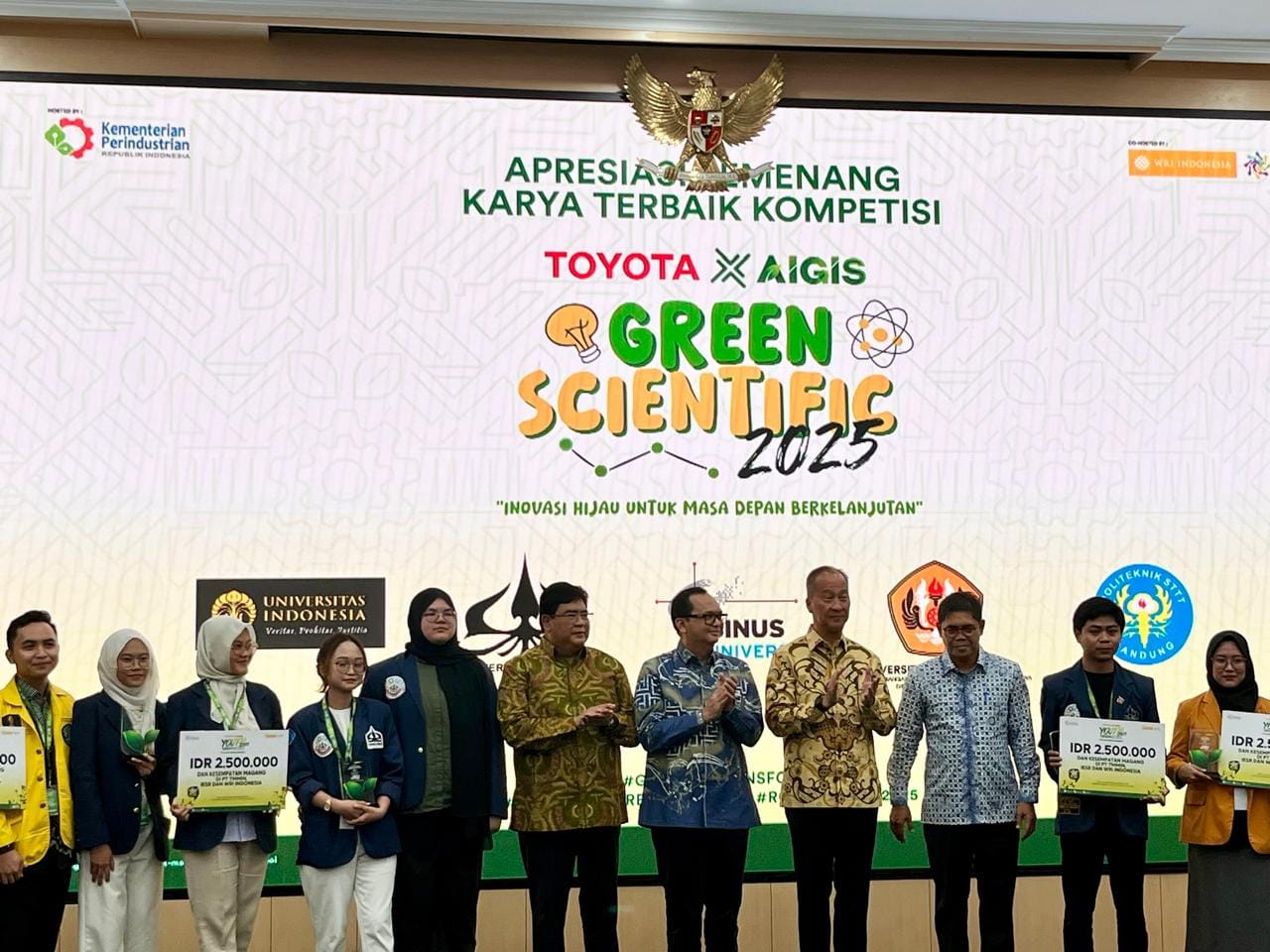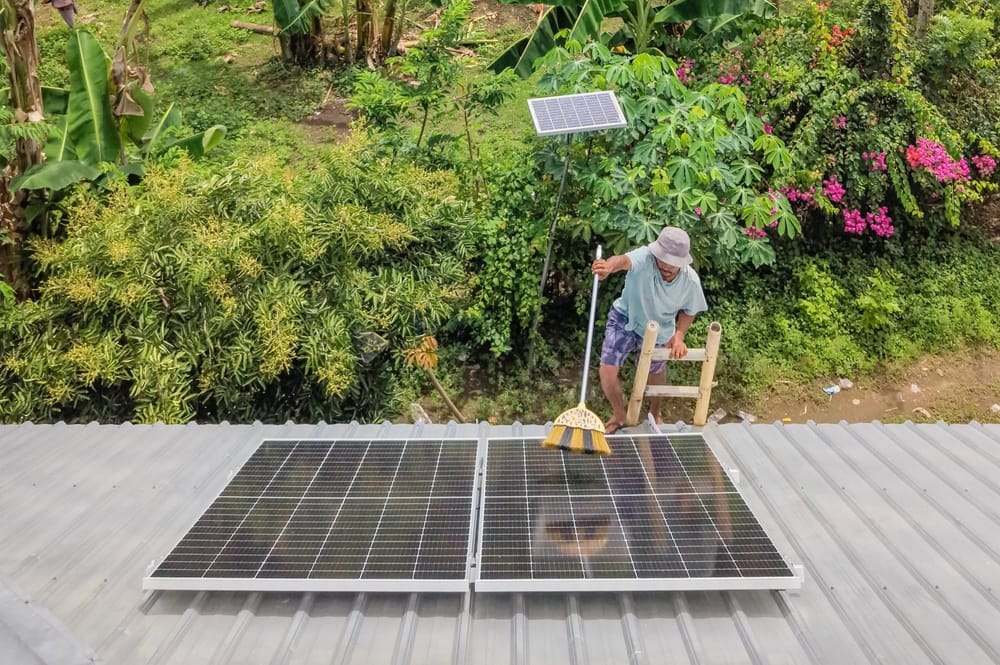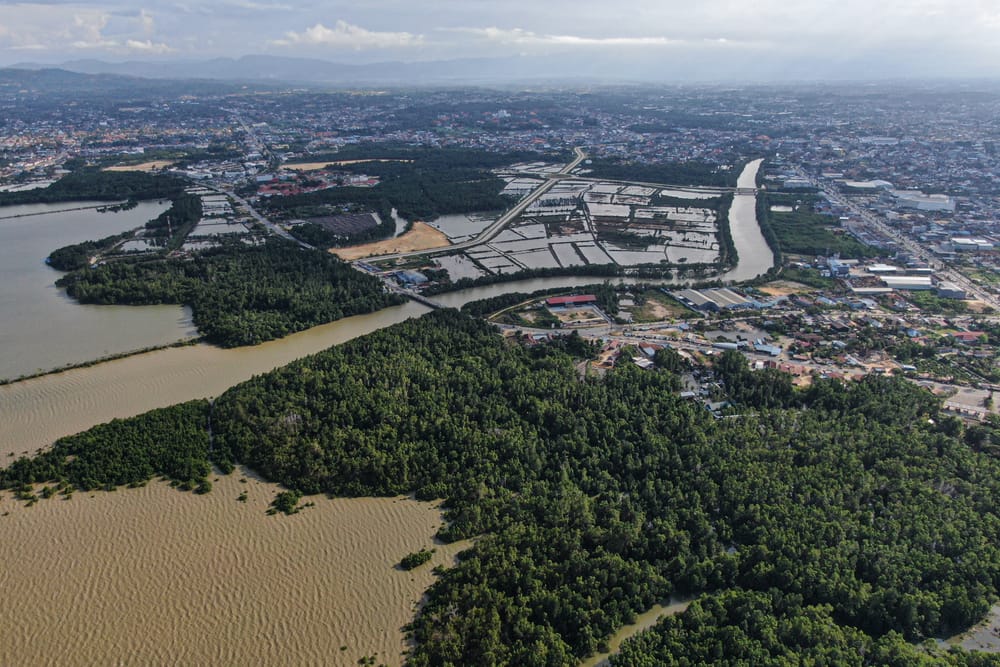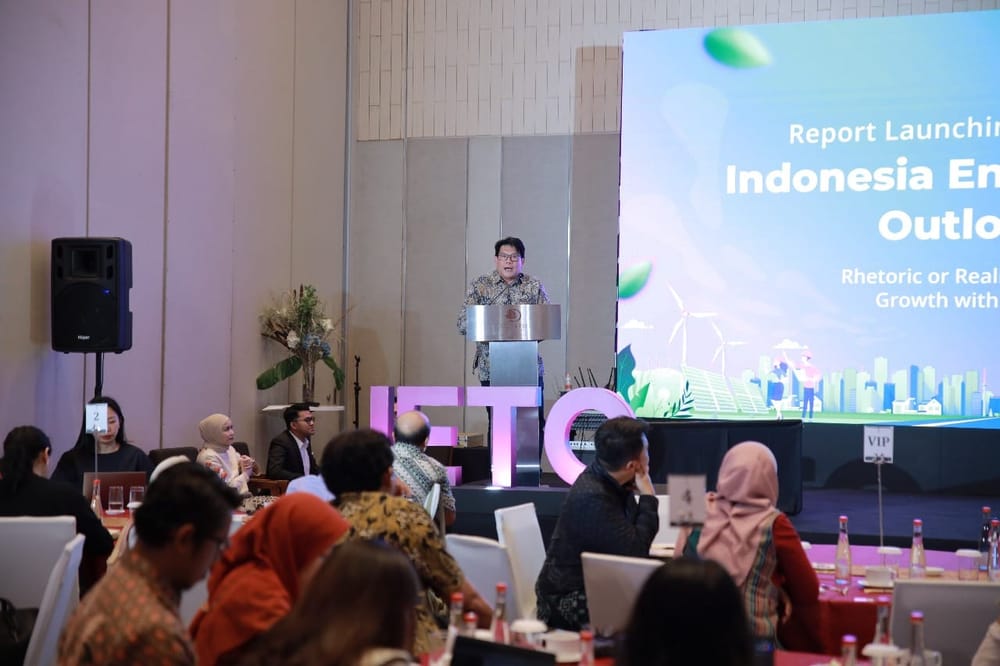Students and the green industry are two variables shaping the future of the Indonesian economy. However, both require the role of the business world to make them synergistic.
This became the common thread in the Annual Indonesia Green Industry Summit (AIGIS) Green Scientific Competition 2025 held at the Ministry of Industry Building, Jakarta, Wednesday (30/7/2025).
Vice President Director of PT Toyota Motor Manufacturing Indonesia (TMMIN), Bob Azam, highlighted the importance of preparing human resources to become a leading sector that attracts the green industry. This is what in the future can become a new field of work for the Indonesian workforce.
According to him, human resources (HR) need to be prepared so that they become a leading sector. HR that attracts industry to move towards a green industry, not the industry then looking for its workforce,
"The philosophy of 'make people before make product' becomes relevant here, where talent preparation is key to optimizing the benefits of the green industry," said Bob.
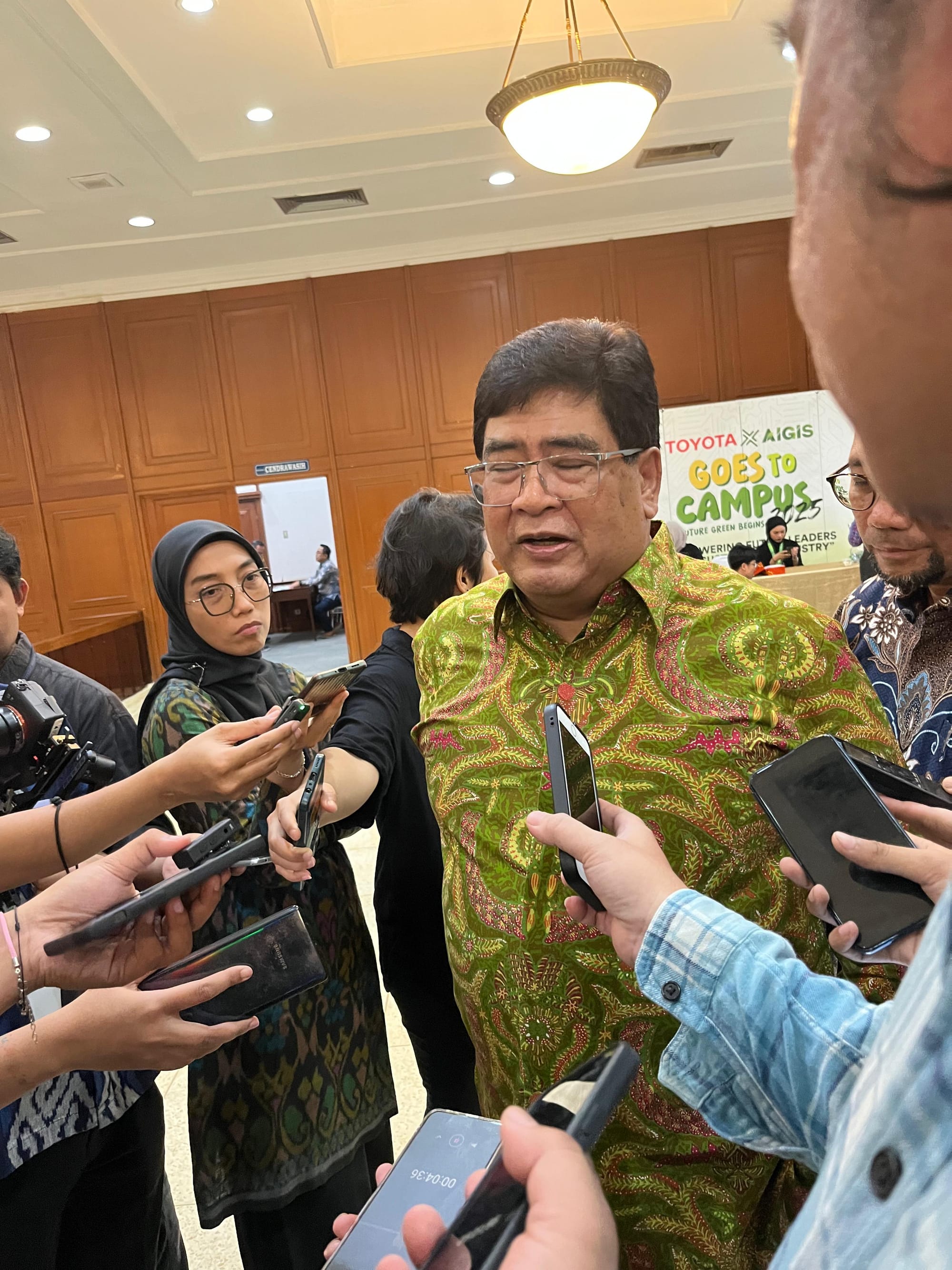
Luh Gede Saraswati Putri, a philosophy lecturer at the University of Indonesia and author of the book Ecophenomenology, emphasized that the availability of environmentally friendly jobs for Gen-Z is highly dependent on an integrated ecosystem.
This ecosystem involves four main pillars: universities, industry, government, and consumers.
"As long as we understand that environmental sustainability is an issue of shared welfare, we are encouraged to make the ecosystem healthier," explained the woman who is usually called Saras Dewi.
Encourage student innovation
The government through the Ministry of Industry (Kemenperin) is also actively encouraging the development of green industry by involving the role of campuses.

Secretary-General of the Ministry of Industry, Eko S.A. Cahyanto, at the Annual Indonesia Green Industry Summit (AIGIS) Green Scientific Competition 2025 (AIGIS), emphasized the importance of encouraging students to continue innovating and contributing to the green industry.
“Indonesia must grow and be sustainable in the future. A sustainable industry is a green industry. So, I hope that in the future, students will continue to innovate for the green industry,” he said.
This demonstrates the Ministry of Industry's commitment to creating a conducive ecosystem for the development of green industries, where universities become strategic partners in producing competent human resources and relevant innovations.
Collaboration between academia, industry, and government is expected to accelerate Indonesia's transition towards a sustainable green economy.
A wave of enthusiasm and innovation is now coming from students, who are ready to face the challenges and opportunities in the green industry. This was revealed during the AIGIS event, which became a platform for their brilliant ideas. With an adaptive mindset and strong determination, the students aspire to be part of the solution for the transition towards a more sustainable economy.
This spirit is a breath of fresh air amidst the need for new talent in various sectors, including renewable energy, waste management, circular economy, and efficiency technologies. These sectors are recognized as still facing a potential gap between future industry needs and the current qualifications of graduates.
Sadam Alharitsi, a student at the Faculty of Regional and City Planning, Trisakti University, revealed that preparing to innovate in the green industry sector requires a strong and adaptive mindset.
"We have to prepare our mindset, especially since the process takes quite a long time. For three weeks, we were almost staying up every night on Zoom to revise our innovation," said Sadam, describing the dedication required.
Similarly, Ahla Ai, Sadam's colleague from the same faculty, explained one of their innovations: zero emission public transport based on solar power. This innovation produces absolutely no carbon emissions and is energy independent, in line with Indonesia's target to achieve net zero emission by 2060.
"With our work, our innovation, it can later be used for the future and for national energy in the future," Ahla hoped.
Students consider in-depth knowledge of "green" aspects as a key skill for entering the green job market. Ahla emphasized, "Knowledge about the green aspects must be strengthened, because we need to know, it must be relevant to the job."
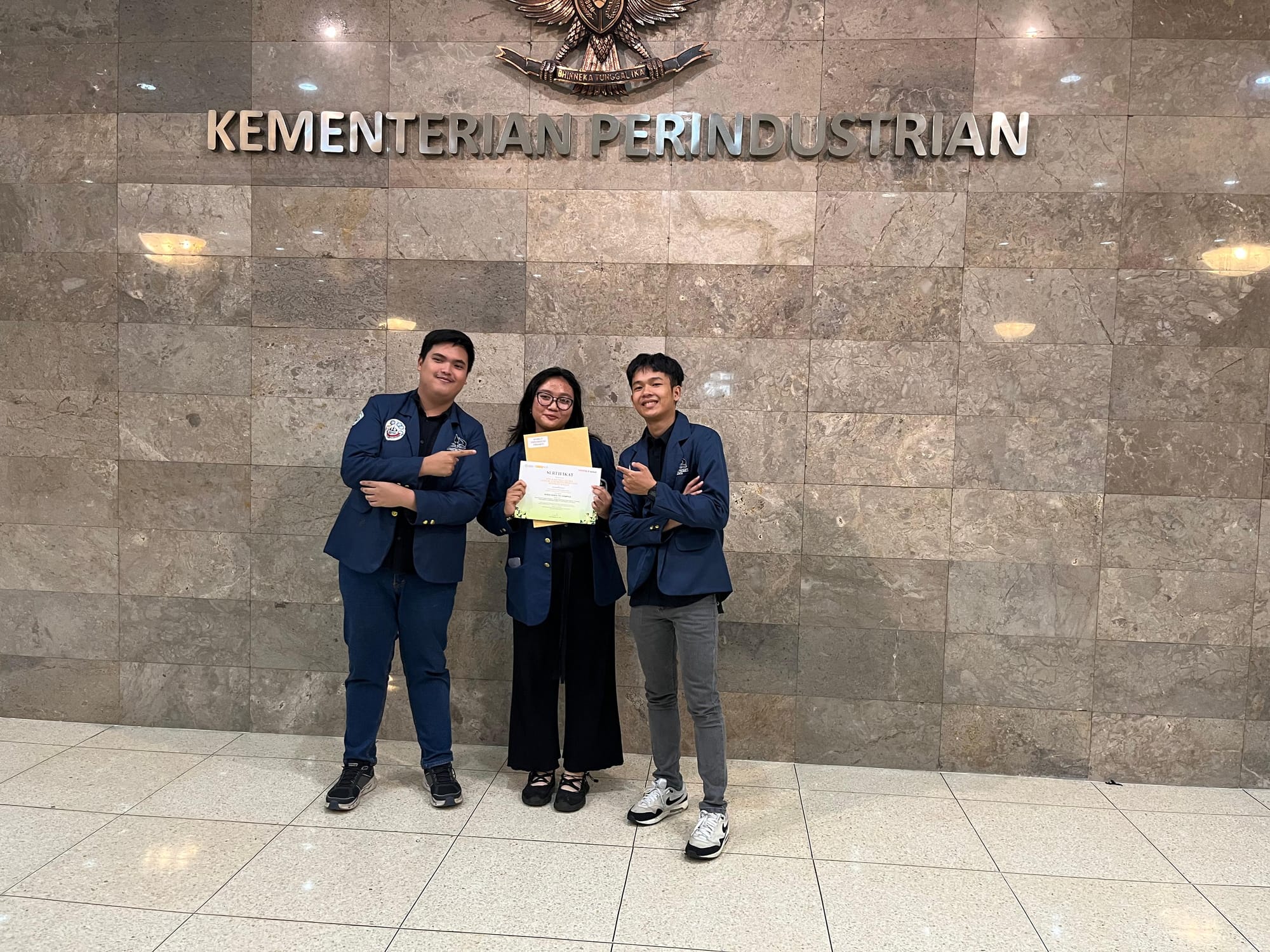
AIGIS Green Scietific Competition 2025 is a scientific work competition that is part of the AIGIS Goes to Campus series of events. This event is organized by the Ministry of Industry (Kemenperin) and is intended for students to contribute to the development of green industries through research and innovation.
The competition was attended by four universities and one polytechnic, namely, the University of Indonesia (UI), Trisakti University, Padjajaran University, Bina Nusantara University (BINUS), and the Bandung Textile Technology College Polytechnic (STTT). A total of 15 groups participated with diverse innovations regarding environmental technology, product innovation, and waste processing activities.
Five selected works received funding and internship programs at PT Toyota Motor Manufacturing Indonesia (TMMIN), World Resources Institute (WRI), or the Institute for Essential Services Reform (IESR). The following are the selected works:
1. University of Indonesia with the Bobox program, a waste management and control system at the University of Indonesia.
2. Padjadjaran University with the Biostay innovation as a substitute for styrofoam processed from waste materials of cassava peel and rice husks.
3. Trisakti University with a battery exchange system as a solar-powered electric vehicle platform.
4. Binus with the aqualtur innovation as the utilization of solar energy in the pond industries.
5. STTT Bandung Polytechnic with non-woven made from natural materials as a heat absorber.


